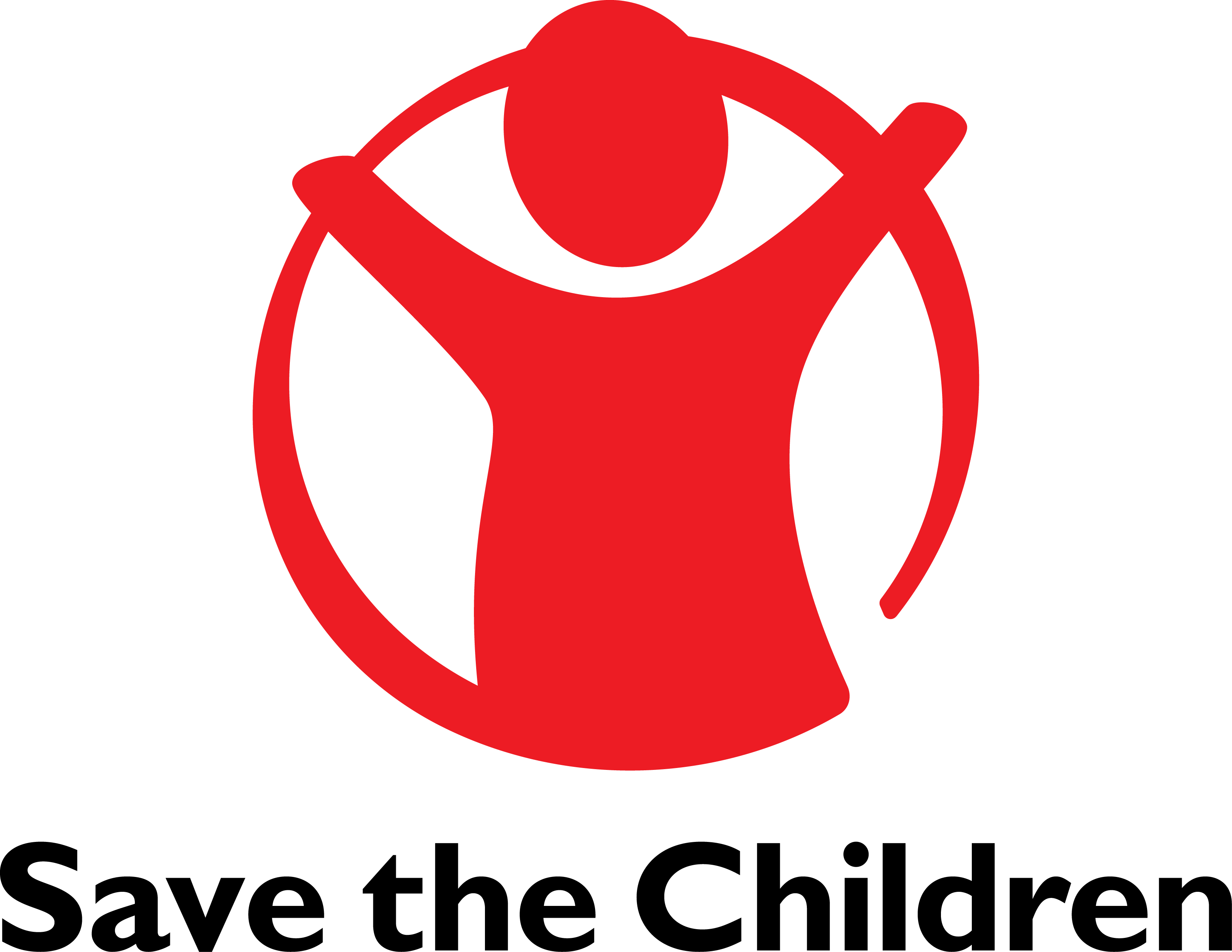News
Corporal punishment: Only 15% children are fully protected by law globally

Save the Children International, SCI, has revealed that only 15% children are fully protected against corporal punishment globally.
The international organisation said unless the rate of progress is sped up, it will take another 60 years to eliminate all forms of corporal punishment against children.

SCI disclosed this in an analysis released on Thursday May 2, 2024, to commemorate the 2024 International Day to End Corporal Punishment.
According to the organisation, United Nations’ member states agreed to a 2030 target for the universal prohibition of corporal punishment as part of the Sustainable Development Goals (SDGs) signed in 2015 to tackle poverty and inequality.
SCI also revealed that progress has been slow with about two countries per year enacting a ban, leaving the world far behind its ambitions.
Corporal punishment is the most common form of violence against children worldwide with around four in five children aged between two and 14, experiencing corporal punishment in their home every year.
Only 15% of children globally – an estimated 320 million children – are fully protected by law from corporal punishment, with about 66 of around 193 states banning corporal punishment in all settings. Just 20 countries have prohibited corporal punishment in the nine years since the SDGs were adopted, compared with 30 countries in the nine years before 2015.
A further 27 countries have publicly committed to reforming their laws – which if enacted, would protect a further 288 million children.
Corporal punishment takes many forms, including smacking or slapping, kicking, shaking, burning and forcing children to stay in uncomfortable positions. It also includes non-physical humiliating treatment which belittles the child.
Globally, the physical and mental punishment of children at the hands of parents, teachers and caregivers leads to the deaths of thousands of children every year with many more seriously injured. It also results in the diminished psychosocial wellbeing of countless children and has a profound impact on their healthy development.
The organisation expressed concern that around half of high-income countries are yet to implement full legal protection, compared to about 70% of middle-income countries and more than 90% of low-income countries.
Steve Miller, Save the Children’s Global Director Child Protection, said: “It’s time to accelerate progress. With the target of global prohibition by 2030, we have 6 years – not 60 – to fully protect children from violent punishment.
“Corporal punishment is a violation of children’s rights, and its widespread social acceptance normalises a level of violence throughout childhood that can lead to other forms of violence and mistreatment. We call on all countries to prohibit all forms of corporal punishment against children in all settings by 2030 and to listen to children in order to create change.
“Corporal punishment has a devastating and long-term impact on children and the lack of progress in addressing this issue is a global concern. We have an opportunity with the first ministerial conference on ending violence against children taking place later this year to make a concerted effort in achieving the 2030 target.
“Any country that prohibits corporal punishment is sending a strong message that they are listening to children. Prohibition makes it clear that children’s rights are respected. It makes it clear that there is nothing acceptable about subjecting children to physical or mental abuse in the home or elsewhere.”

























